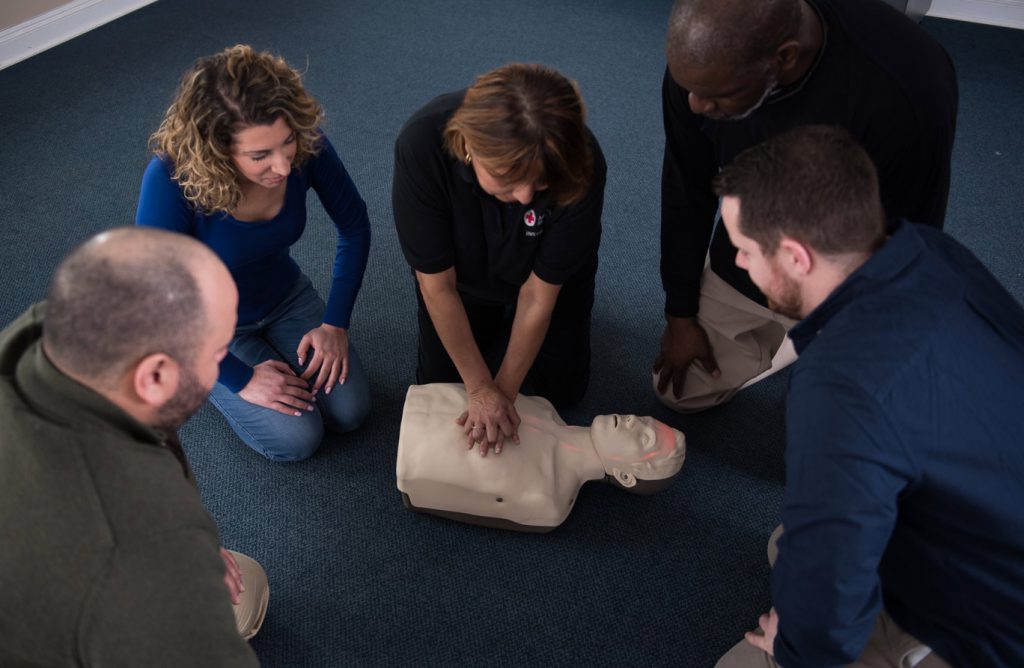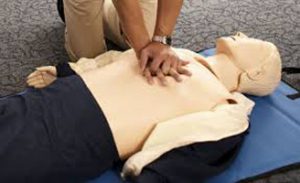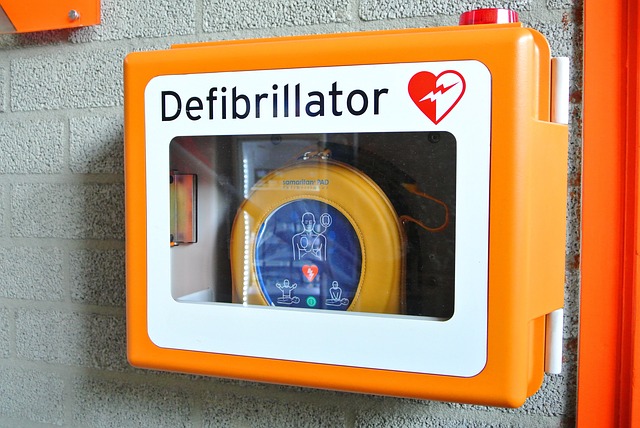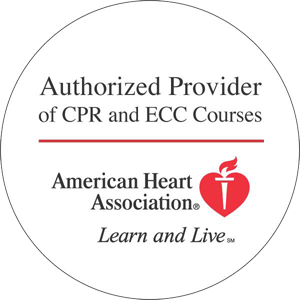Family history is a key factor in determining whether an individual is at high risk of developing heart disease. However, talking to your family members about their health history can be tough. That’s why, in 2004, the U.S. Surgeon General launched a campaign encouraging Americans to talk about their family health histories on Thanksgiving.
Despite this officially-sanctioned campaign, many people find it difficult to discuss health history with parents and other relatives. This is sensitive, personal information, after all, and it doesn’t always make for the most pleasant dinner conversation. But the benefits can be significant. So we’re offering a few tips on how to make these tough talks a little easier.

Don’t Spring It
Let family members know that you’d like to discuss health history at least a few days before the holiday. That will prevent people from feeling caught off guard.
Break the Ice
You may have to be the first to share in order to make others feel comfortable. Or begin by asking specific questions, not just about certain diseases, but also about timelines, complications and side effects.
Ask Everyone
Don’t just question older family members or those in poorer health. Ask all relatives to share as they feel comfortable. Also, try to gather information about deceased relatives, if it is available.
Take and Share Notes
Record any relevant information, then share with other family members, including those who are not present. You could copy and mail hard copies, or share securely online. These documents will be helpful as family members visit the doctor throughout their lives.
However you choose to discuss family health history, the most important thing is that you start the conversation. If everyone remains open and willing, it could be a positive discussion that ultimately brings your family closer together – and helps keep you all healthy for many Thanksgivings to come.
HeartCert CPR is your trusted training partner for CPR, ACLS, PAL, EMR and First Aid in the Twin Cities and throughout Minnesota. We now offer online, night and weekend classes to fit your busy schedule!
HeartCert offers a variety of courses, including CPR/AED/First Aid and CPR/AED, Basic Life Support (BLS), Advanced Cardiac Life Support (ACLS), Pediatric Advanced Life Support (PALS), and Emergency Medical Responder – First Responder (EMR). Courses and certifications from both the American Heart Association and American Red Cross are available.
Find your CPR class at any of our convenient Twin Cities locations, including our new headquarters, HeartCert CPR Eagan.








